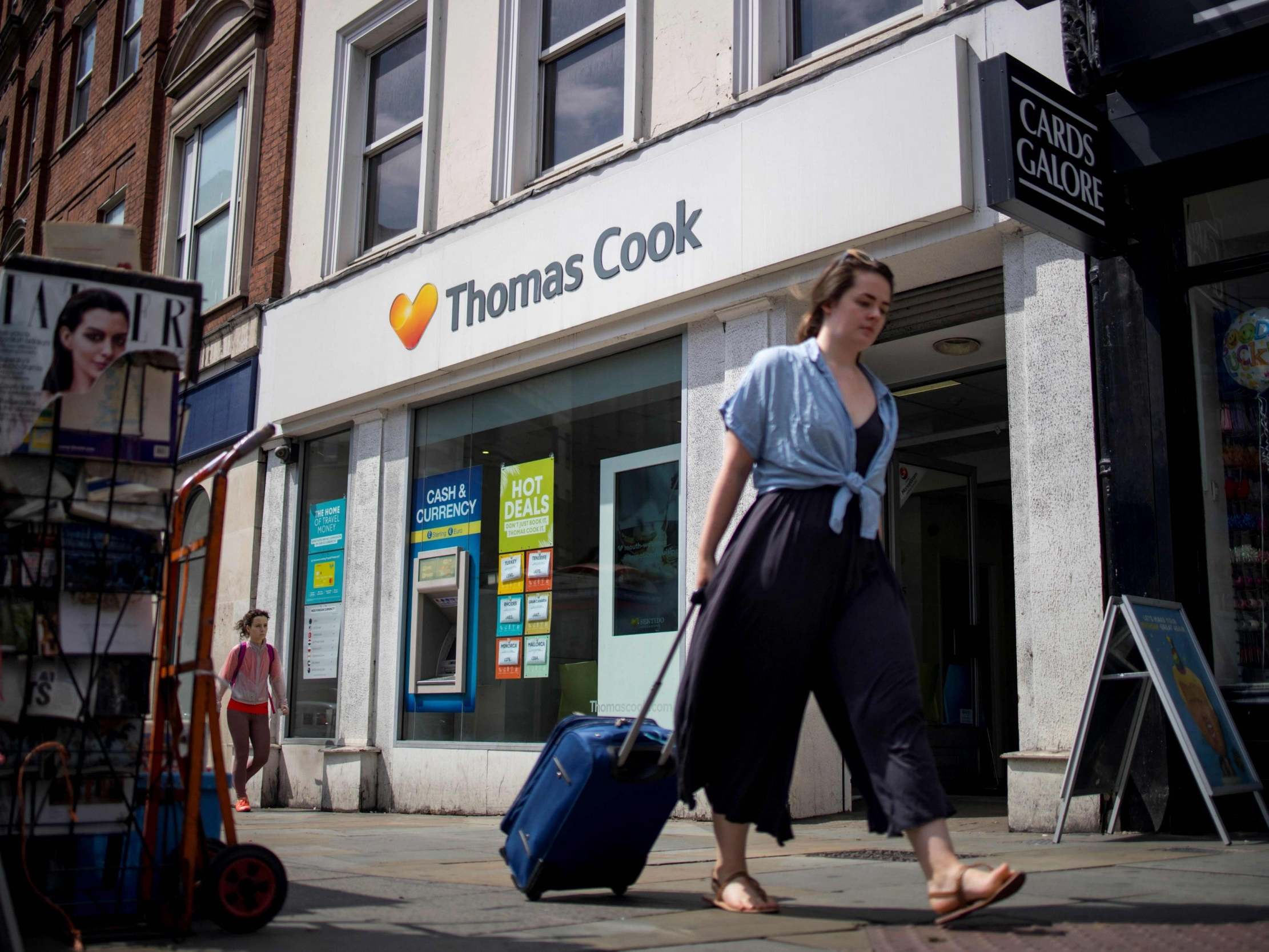Thomas Cook: A timeline of the world’s oldest tour operator
Simon Calder explores 10 key years that tell the story of the legacy travel company

As we say goodbye to the world’s oldest tour operator, here are the most important years in Thomas Cook’s illustrious history.
1841: Rail revolution
Thomas Cook single-handedly industrialises railway tourism – chartering a train to take 500 passengers about 10 miles from Leicester to the neighbouring town of Loughborough on Monday 5 July.
The fare for the round-trip is one shilling and sixpence (7.5p). A spiritual and abstinent man, Cook organised the trip to attend a Temperance meeting. But for many of the participants, the attraction was the opportunity to travel by train for the first time.
1855: Cook goes international
The international exposition in Paris, set in the dramatic surroundings of Baron Haussmann’s newly redrawn city, provided the perfect target for Thomas Cook’s first international expedition. The steadily rising incomes and increased aspirations of the middle classes brought about by the industrial revolution convinced Cook that there would be a market for trips from London to Paris.
Thomas Cook collapse: Passengers stranded and thousands of jobs lost
Show all 21He offered a complete holiday “package” (comprising travel and accommodation, as well as meals) for the first time.
1865: A travel agent is born
Thomas Cook opens a travel agency in Fleet Street, central London. It coincides with the opening of the London Underground, the world’s first subterranean railway.
1874: Cheque it out
“Cook’s Circular Note,” the prototype of the traveller’s cheque, is launched – providing a safe and easy way to carry funds abroad.
1892: Next generation
Thomas Cook dies in Leicester. The business is taken on by his son, John Mason Cook – whose initials are later used for a rebrand of the firm’s package holidays (an experiment which is swiftly and expensively reversed).
1928: Up for sale
The last two Cooks, Thomas’s grandsons Frank and Ernest, retire. They sell the business to the first of many outside owners, the railway sleeping car firm Compagnie Internationale des Wagons-Lits.
1948: Nationalisation
During the nationalisation of the UK’s railways, Thomas Cook somewhat bizarrely also becomes state-owned. Two years later, the first, embryonic mass-market package holidays by air are sold by a young man called Vladimir Raitz – comprising flights from Gatwick to Corsica, a tent on a beach and non-rationed meals.
1972: Staying the course
Thomas Cook reverts to the private sector, with the Midland Bank, hoteliers Trust House Forte and the Automobile Association buying the firm. Two years, the economic gloom of the “Three-day Week” precipitated by a miners’ strike, amplified by the Middle East oil crisis, finished off many travel companies. But not Thomas Cook.
1992: New owners
A German consortium, comprising Westdeutsche Landesbank and the LTU Group, acquire the Thomas Cook Group.
2019: It's all over
The Thomas Cook Group, by now an Anglo-German firm, ceases trading at 2am on Monday, 23 September
Subscribe to Independent Premium to bookmark this article
Want to bookmark your favourite articles and stories to read or reference later? Start your Independent Premium subscription today.

Join our commenting forum
Join thought-provoking conversations, follow other Independent readers and see their replies